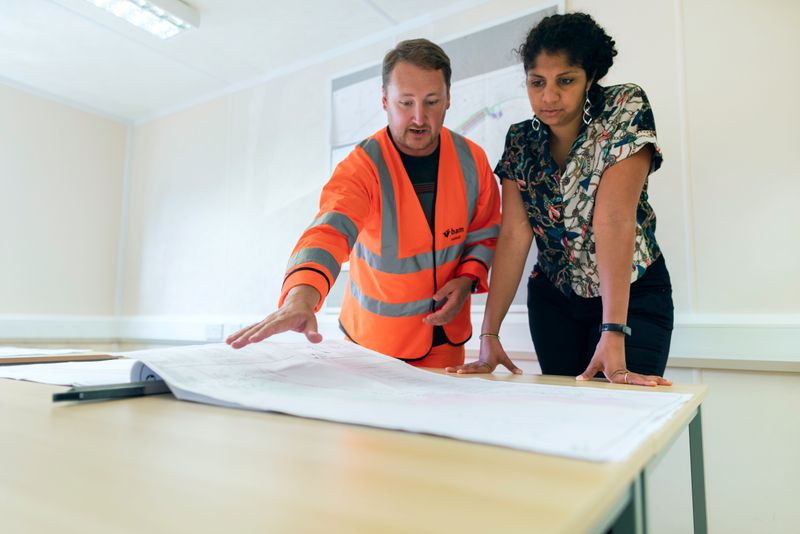
This logo isn't an ad or affiliate link. It's an organization that shares in our mission, and empowered the authors to share their insights in Byte form.
Rumie vets Bytes for compliance with our
Standards.
The organization is responsible for the completeness and reliability of the content.
Learn more
about how Rumie works with partners.
Every job will have some sort of hazard. These can include:
Dangerous equipment
Hazardous chemicals
Heavy lifting
Sitting and staring at a computer screen all day
Companies must follow government regulations to keep their employees and visitors safe. If they don't, they can be fined or shut down. This is where an industrial health and safety (H&S) engineer steps in!
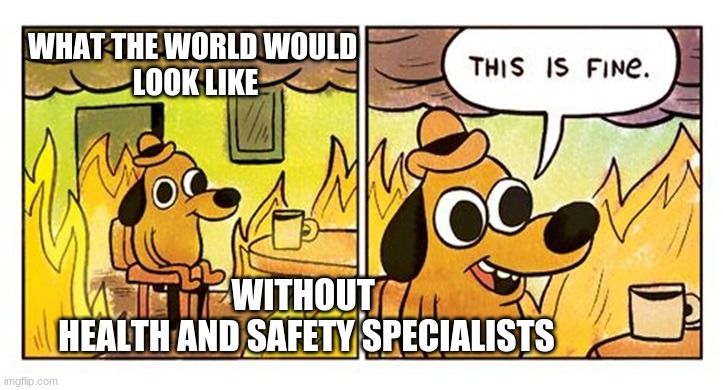
What Do You Do Every Day
Some of the tasks you could work on are:
Research regulations and write policies
Perform inspections of industrial processes and personnel
Develop training programs and teach classes
Meetings with other departments to solve problems
Assess equipment/system hazards and propose solutions
Design, operate, install, or maintain technical equipment
Build spreadsheets and do calculations
There can be a lot of variety to your days. Some days you'll...
Work with a team to develop creative solutions
Argue with people about why something isn't safe
Sit in front of a spreadsheet all day mining data
Walk around checking chemical labels
You may never quite know what the day will bring.
Quiz
What are some tasks an H&S Engineer could work on?
All of these tasks and many more could be completed by a health & safety engineer.
Job Specifics
Where will you work?
There are many different types of health and safety jobs, but most people will work in one of the following:
General Industry/Construction — You work directly at a manufacturing or construction site to help your company follow H&S regulations.
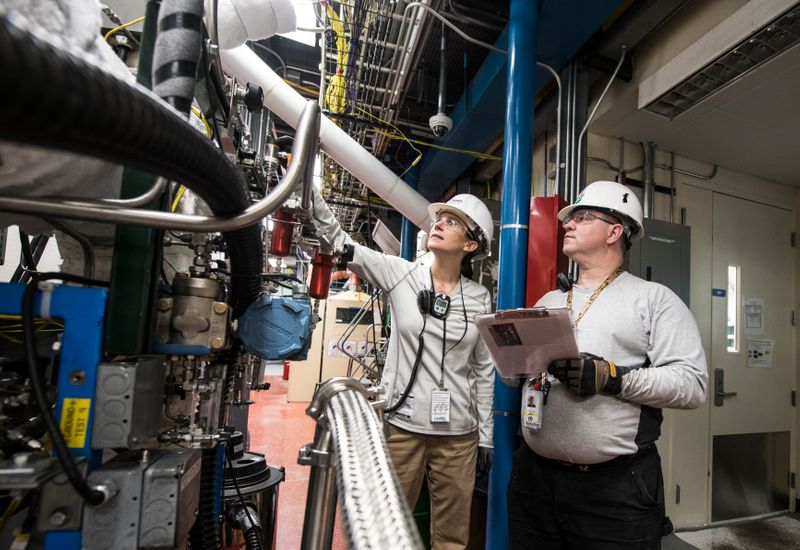 Photo by Science in HD on Unsplash
Photo by Science in HD on UnsplashEngineering/Consulting firms — You would be hired by different companies (clients) to help them follow regulations. It may be for a specific project or as an ongoing expert.
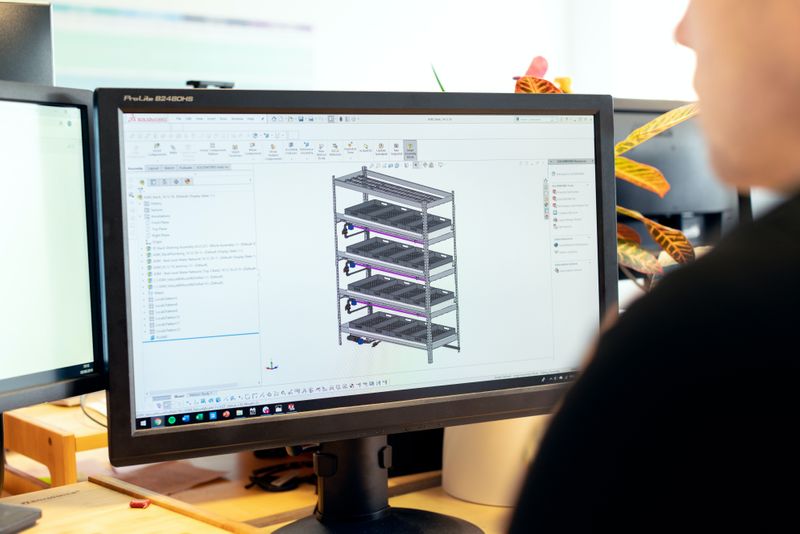 Photo by ThisisEngineering RAEng on Unsplash
Photo by ThisisEngineering RAEng on UnsplashGovernment agencies — You could be writing regulations or traveling to sites to complete inspections of their processes.
 Photo by Amy Hirschi on Unsplash
Photo by Amy Hirschi on Unsplash
 What does it pay?
What does it pay?
Salaries in the US can range from $55,000 to $140,000 per year, with an average of around $90,000 per year . Salaries will depend on things like the geographic area, level of responsibility, experience, education, etc.
What kind of education do you need?
If you want to become an industrial health and safety engineer, you should get a 4-year degree in Engineering, Health & Safety, or a related Science program.
Did you know?
Rumie is a nonprofit community dedicated to making innovative learning free for everyone.
How Do You Know If This Job Is For You?
You may love it if you like to:
Follow and enforce the rules.
Work collaboratively with other people.
Protect people's safety and the environment.
Read technical regulations and do research.
Speak out on what you feel is important and don't mind disagreeing with people.
Learn new things all the time and explain them to others.

You may hate it if:
You like being popular. It can be a tough job because you are pushing people to do the right thing, which can slow down production and profits.
You want to be part of a team. Depending on where you are, you may work alone most of the time.
You don't want to read and learn a lot of technical information.
You want a set routine every day.
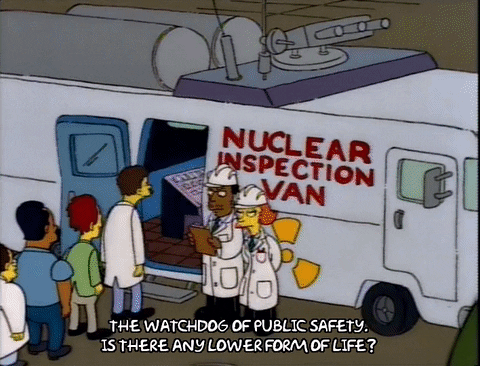
Test Your Knowledge
Who would be a good candidate for Industrial Health and Safety Engineer?
 Layla
Layla
Loves to learn new things
Very detail oriented
No problem speaking her mind when it's important
 Darryl
Darryl
Loves helping people and making friends
Doesn't like giving people bad news
Doesn't like to read a lot
 Oliver
Oliver
Likes working with numbers
Likes finding the fastest way to accomplish a task
Likes to argue with everyone
 Alexis
Alexis
Loves math and science
Prefers to work independently
Likes working on computers all day
Quiz
The best candidate for H&S engineer is:
Layla seems like she'd make a good H&S engineer. Alexis would rather work alone on her computer and Oliver isn't comfortable enforcing the rules, so it may not be the best job for them.
Take Action
So what should you do if you think you want to be a H&S engineer?
This Byte has been authored by
Heidi Fleming
EHS Professional & Trainer
